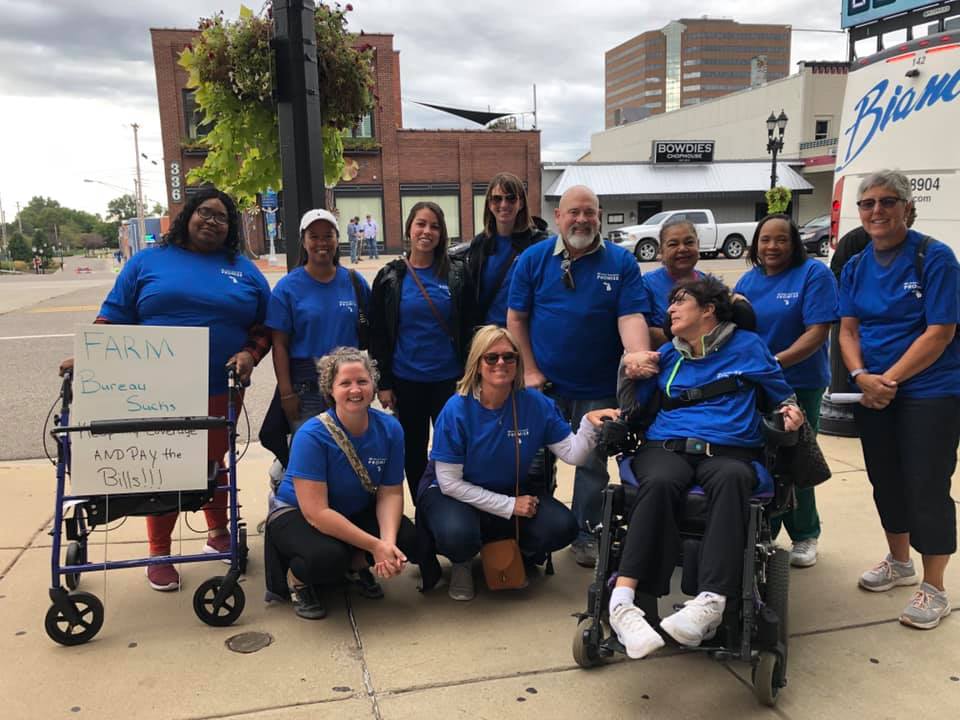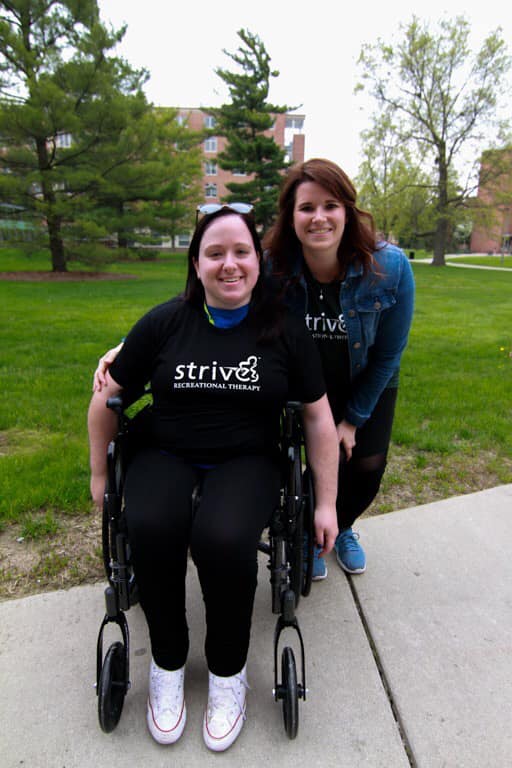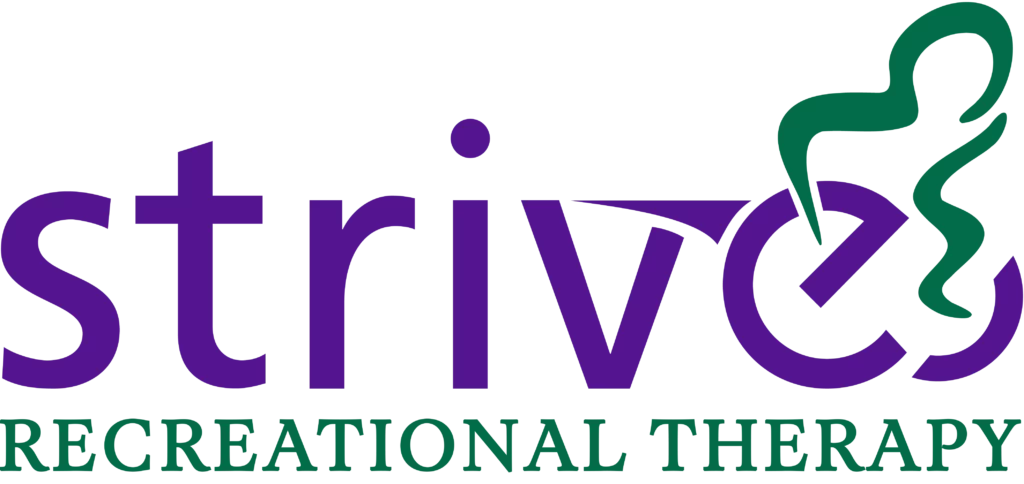How one nonprofit is shaping the way we incorporate community care through recreation.
Many of us take for granted the ability to take part in our favorite activities or hobbies. Everyone can agree – if you sustain a traumatic brain injury or spinal cord injury – your entire life changes. Why then, has modern medicine not incorporated quality of life services as regular care? Modalities like recreational therapy improve the quality of life for those with disabilities and have been shown to improve response to other therapies and treatments.
For over two decades, Strive Recreational Therapy Services has been at the forefront of advocating for and serving individuals with disabilities through its individualized care plans and innovative programs. Over the years Strive and its team of recreational therapists have spearheaded groundbreaking programs like adaptive yoga classes, group social events, adaptive fishing programs, and much more. Founded on the principle of promoting inclusion and enhancing the quality of life for people of all abilities, Strive has established itself as a pioneer in the field of recreational therapy. By offering a wide range of tailored programs and services, Strive has empowered countless individuals to reach their full potential and lead fulfilling lives.
Advocacy and Community Engagement
Beyond its direct service offerings, Strive Recreational Therapy Services has been a vocal advocate for the rights and needs of people with disabilities in local communities. Through outreach and lobbying efforts, educational initiatives, and collaboration with local organizations, Strive has worked tirelessly to raise awareness about the importance of inclusion and accessibility for individuals of all ability levels. By promoting a culture of acceptance and understanding, Strive has helped to break down barriers and create a more inclusive society for people with disabilities. With these and other partnerships, Strive has been able to advocate for policy changes, increase funding opportunities, and promote the importance of recreational therapy in enhancing the well-being of individuals with disabilities.

But what does the future of recreational therapy look like? Case managers see the value in engaging clients with these therapies, but modern medicine has been slow to grasp the long-term care value in these modalities. Owner of Strive, Stella Husch had this to say about what she hopes for the future of recreational therapy. “If you look at healthcare systems like the Veterans Administration and the system of care that was created by the catastrophic claims network in Michigan – you see that this therapy works. Recreational Therapy gets our wounded warriors back into our communities, improves quality of life, and in-turn benefits society. My hope is that the work we are doing advocates for these services for all communities, not just those who have certain insurance coverage.”
Keeping People Connected to the Community
As people enter retirement many will undergo surgeries, injuries etc. and will need to think about how to adapt the sports and recreational activities they love to fit the needs of their bodies. This requires thought, planning and research; something that can be overwhelming when undergoing these transitions. This is where experienced recreational therapists come into play.
Strive’s network of therapists in Michigan and Florida are experts at knowing what resources are available in specific communities and are skilled in crafting plans focused on addressing a clients specific needs. Without these types of services, people often become overwhelmed with the other areas of life they need to adapt to and in turn disregard thinking about sport, recreation or leisure activities. In this 2010 study published by the Center for Disease Control they found that; “People with disabilities were less likely to engage in leisure-time physical activity and meet recommendations for physical activity than people without disabilities”. When people disengage from these activities as they get older or move into retirement the correlation to higher rates of depression, dementia and chronic disease escalates dramatically.

Increasing Quality of Life
This carries true to people at any age who face a serious injury and need to adapt their lives to maximize their quality of life. According to the American College of Sports Medicine (ACSM), “Children with disabilities are 4.5 times less likely to participate in physical activity than those without a disability”. This is one reason Strive RTS has spent the last 17+ years managing the Michigan Victory Games, one of the nation’s largest adaptive sporting events held for individuals with physical disabilities.
Held at Michigan State University every spring, the Michigan Victory Games draws over 400 athletes, volunteers and coaches from across the United States. Athletes compete in a variety of events including weightlifting, track and field, cycling, boccia, bowling and more. Those participating in the Michigan Victory Games can also qualify to train and hopefully compete in elite competitions such as the Paralympics and Worlds Games.
These athletes not only participate in sporting events all week long, but they also get the opportunity to take part in social events that help provide a level of normalcy they don’t often experience in everyday life. This event provides a unique opportunity for people with disabilities to compete athletically but also grow and engage with peers.
Addressing the Inequity
According to the study referenced above from the ACSM, a good way to circumvent barriers and lack of access to recreational programs for people with disabilities is creating universal and tailored approaches to promote equitable physical activity opportunities in schools. Strive RTS works with school districts to provide this type of contract recreational therapy service. These services are aimed at maximizing the impact of educational, sports and social programs for students with disabilities. Making sure students have access to these types of programs ensure a solid foundation to build a healthy life and become productive members of society.
Strive Recreational Therapy Services stands as a beacon of hope and empowerment for individuals with disabilities, thanks to its unwavering commitment to innovation, advocacy, and community engagement. For over 20 years, Strive has been a driving force in promoting inclusion, fostering personal growth, and improving the quality of life for people with disabilities. As Strive continues to push boundaries and explore new frontiers in recreational therapy, it remains dedicated to its mission of empowering individuals with disabilities to strive for their dreams and live life to the fullest.


